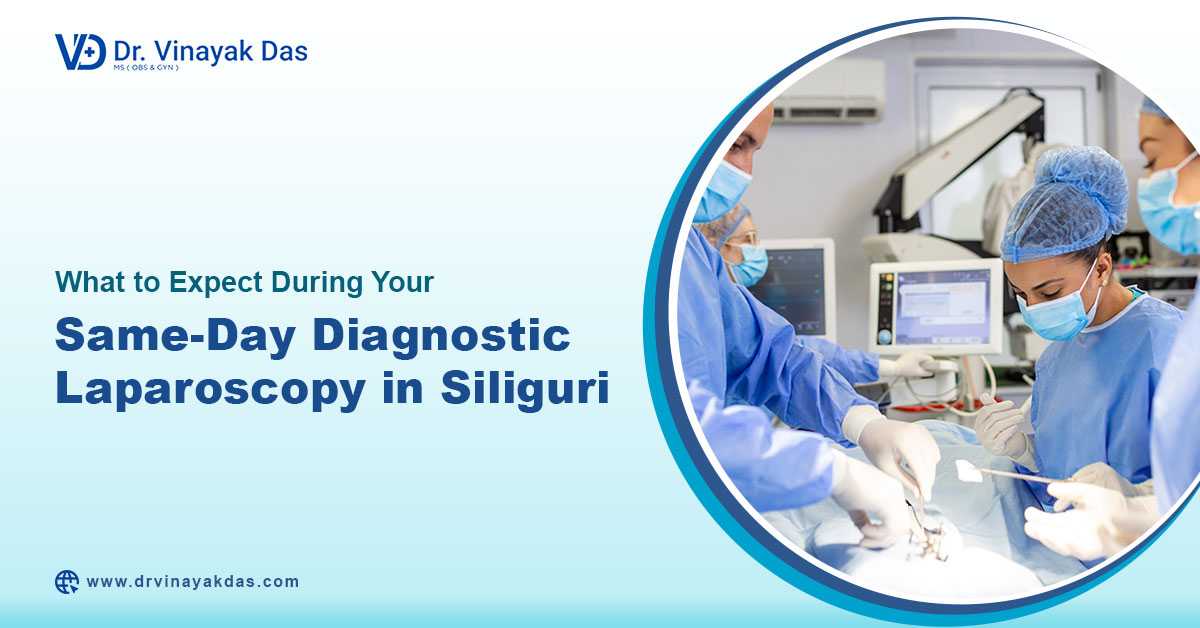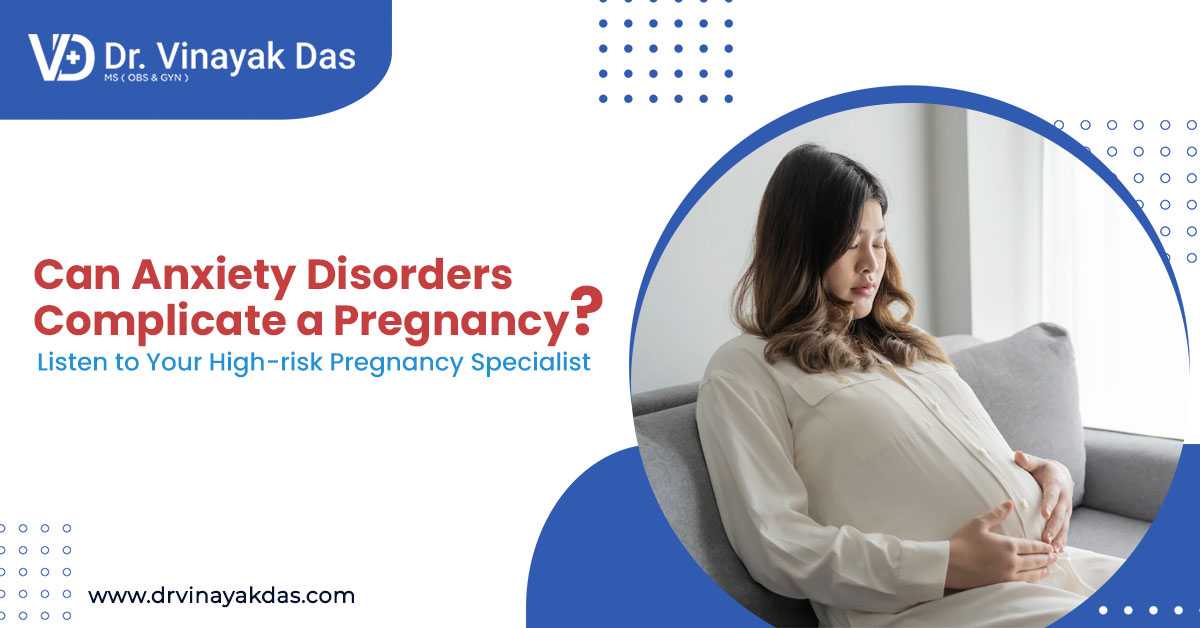The journey of motherhood and pregnancy is known to be filled with anticipation, emotional vulnerability, and transformation. While it is a joyful journey, it can cause stress and anxiety among women who are already dealing with mental health issues. Even if the mothers have never faced any mental health issues before, at times, the anticipation can turn into anxious feelings.
According to a high-risk pregnancy specialist in Siliguri, an overwhelming amount of stress can cause harm to the physical conditions of the mother and increase the risk of other medical conditions. However, anxiety conditions are found to be very common among mothers, so they can be treated effectively by doctors. Let us look into this condition and understand how it can increase the chances of a high-risk pregnancy.
Understanding Anxiety Disorders During Pregnancy
During pregnancy, anxiety is not limited to the occasional worry that we experience during uncertain conditions. It is also common for women to experience generalized anxiety disorder (GAD), panic disorder, and, in certain situations, obsessive-compulsive disorder (OCD). These are often manifested in the form of sleeping difficulties, constant feelings of worrying, panic attacks, heart palpitations, and breathlessness.
While mild anxiety is normal, it is essential to take care of oneself so that women can avoid developing chronic anxiety. In cases of untreated anxiety, the risk of conditions such as preterm birth, high blood pressure, and low birth weight can also occur. That’s why it’s essential to bring up any mental health symptoms early with your prenatal care provider.
Connection between Anxiety and Pregnancy Outcomes
Mental conditions such as anxiety can have a physiological impact on an individual. When it comes to a pregnant woman, anxiety can elevate the levels of cortisol and adrenaline hormones. As stated by a high-risk pregnancy specialist in Siliguri, this causes damage to the blood vessels and limits the flow of blood into the uterus, elevating the chances of high-risk pregnancy.
Fetal development and complications related to preterm labor, gestational hypertension, and postpartum depression can all occur due to anxiety. Anxiety disorder can affect their overall emotional well-being, causing them to stop taking care of their nutrition and miss prenatal appointments.
Safe and Effective Treatment Options
Normal pregnancy stress and clinical anxiety are often very confusing to diagnose, as the symptoms can overlap with each other. However, it's still very treatable with the help of professionals such as psychologists, psychiatrists, and obstetricians who can combine their expertise to create an effective treatment plan.
-
Therapy and Counselling - Methods such as Cognitive Behavioral Therapy are found to be very effective in treating anxiety and promoting safety during pregnancy.
-
Medication - While medications are generally approached with caution during pregnancy, some anxiety medications can be used safely. However, only high-risk pregnancy doctors prescribe these when the benefits are more than the risks.
-
Lifestyle Change - By staying physically active, practicing mindfulness, and managing your sleep schedule, you can improve your overall well-being while also getting support for your anxiety levels.
Importance of Support Systems
Having a support system during pregnancy is crucial. Whether it is family and friends or support groups, they can help you reduce your anxiety levels. Staying connected with your loved ones, you can also get help completing daily tasks and encourage treatments when necessary.
Throughout pregnancy, maintaining transparent and honest discussions with your partner is crucial. By keeping communications open, you can share your problems and learn about the problems faced by your partner as well.
Conclusion
Anxiety disorders during pregnancy are not uncommon, and they are nothing to be ashamed of. Recognizing and addressing them early can prevent complications and ensure a healthier experience for both mother and baby. Whether you're already managing anxiety or newly experiencing symptoms, don’t hesitate to reach out to a high-risk pregnancy specialist in Siliguri for guidance.




